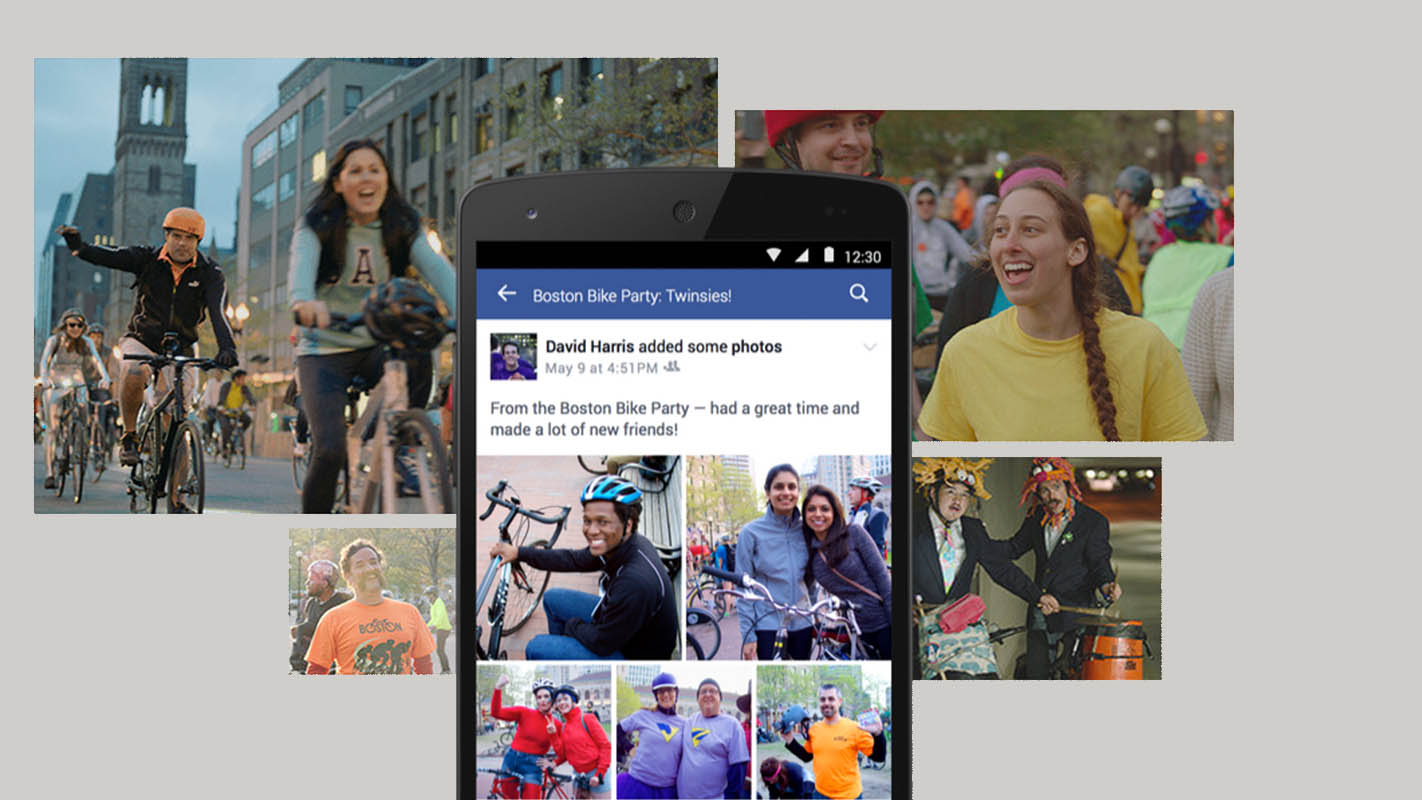Forget fake news – Facebook wants to use AI to tackle terrorism
Zuckerberg's mission statement for the future of Facebook

Facebook's Mark Zuckerberg has posted 5,500 word missive on the social network, in which he discusses many topics – including how the company aims to tackle the promotion of terrorist activities and so-called "fake news" using AI and algorithms.
The size of the global Facebook community, with more than a billion people posting several billion messages and posts each day, has made it impossible for individuals to effectively police the network in its entirety.
"The complexity of the issues we've seen has outstripped our existing processes for governing the community," said Zuckerberg.
"We are researching systems that can read text and look at photos and videos to understand if anything dangerous may be happening."
Long term plans
However, Zuckerberg admits that these systems will take time to perfect.
"This is still very early in development, but we have started to have it look at some content, and it already generates about one third of all reports to the team that reviews content," he continued.
"Right now, we're starting to explore ways to use AI to tell the difference between news stories about terrorism and actual terrorist propaganda."
Sign up for breaking news, reviews, opinion, top tech deals, and more.
It's an approach that could help turn the tide against unreliable, "fake" news sources too, though Zuckerberg also notes that the nuances a human can discern between tasteful and trustworthy and distasteful and untrustworthy content will initially be difficult for an AI to comprehend.
"It's worth noting that major advances in AI are required to understand text, photos and videos to judge whether they contain hate speech, graphic violence, sexually explicit content, and more," he said.
"At our current pace of research, we hope to begin handling some of these cases in 2017, but others will not be possible for many years."
So, despite the long term goal, the crux of Facebook's defences will remain, for the time being at least, within community moderation.
"Where is your line on nudity? On violence? On graphic content? On profanity? What you decide will be your personal settings," Zuckerberg said.
"For those who don't make a decision, the default will be whatever the majority of people in your region selected, like a referendum."

Gerald is Editor-in-Chief of Shortlist.com. Previously he was the Executive Editor for TechRadar, taking care of the site's home cinema, gaming, smart home, entertainment and audio output. He loves gaming, but don't expect him to play with you unless your console is hooked up to a 4K HDR screen and a 7.1 surround system. Before TechRadar, Gerald was Editor of Gizmodo UK. He was also the EIC of iMore.com, and is the author of 'Get Technology: Upgrade Your Future', published by Aurum Press.